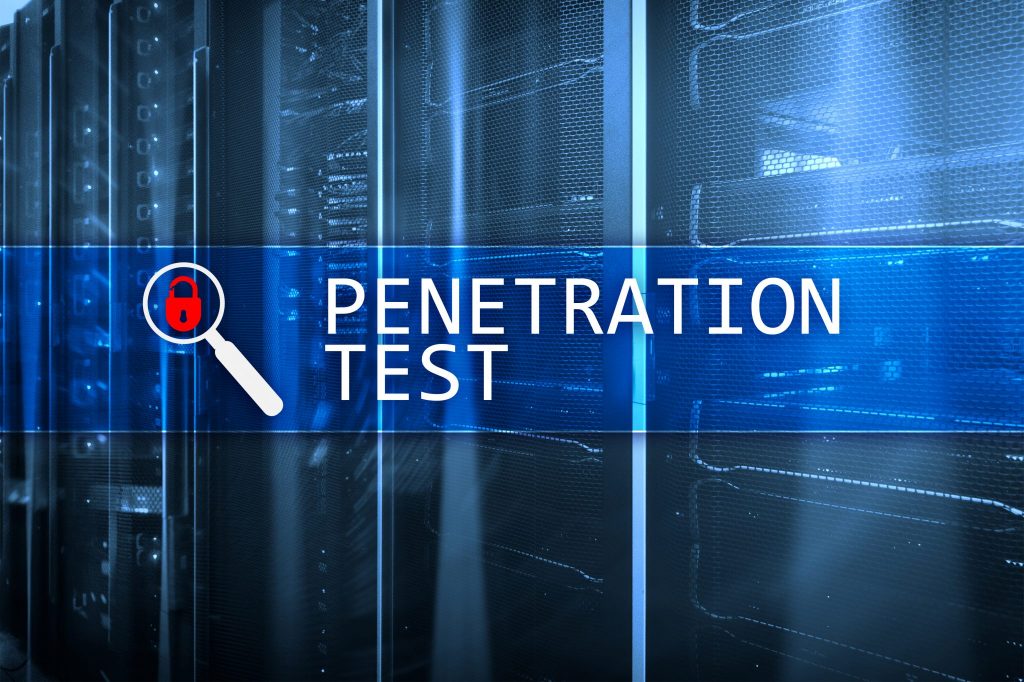A hacker’s primary goal is to break into your systems, steal data, and use it for criminal activities. Hackers sell the information to the highest bidder, hold organizations ransom, execute identity fraud, or steal money. While criminal intent remains the main motive for cyberattacks, ethical hacking has emerged as a counterweight.
Cyberattacks remain one of the greatest risks facing today’s organizations. Ethical hacking (or white-hat hacking) is proving to be one of the most effective controls against cyberattacks. The ethical hacker is now a vital cog in enterprise digital defense.

Criminal hacking has a low barrier for entry
Cyberthreats today have an unprecedented scale, complexity, and sophistication. Hackers are more innovative, ingenious, and aggressive than ever. There’s a vast array of freely available tools and tips online that have made hacking possible for people who do not have a technical background. Someone with limited digital skills can now launch a crippling attack by just clicking a few buttons.
Set a thief to catch a thief?

Just a decade ago, many corporations would have found the idea of contracting a hacker to test their cyber defenses as absurd and risky. But that mindset has changed. Companies soon realized that to stay ahead of hackers, stepping into their shoes by attacking digital assets in the same way they would is highly effective.
Today, the ethical hacker is a critical component of the average midsized and large organization’s cybersecurity strategy. Unlike criminal hackers, ethical hackers use their expertise to help organization’s firm up their defenses. They probe security infrastructure for gaps and try to circumvent controls so as to infiltrate enterprise systems.
White-hat hacking is a legal, authorized form of hacking that accelerates the identification of flaws before cybercriminals sniff out and exploit them. If an ethical hacker can successfully break into your network, chances are there are criminals out there who can do so as well.
Uneasy acceptance
Understandably, not everyone has embraced the term “ethical hacker.” Some businesses still see it as carrying a negative connotation. They prefer the title penetration tester or pentester. The roles of a pentester and ethical hacker are quite similar. Actually, penetration testing may be categorized as one of the two main components of ethical hacking.
Components of ethical hacking
An ethical hacker conducts an authorized attack on enterprise technology infrastructure by doing two things: vulnerability assessment and penetration testing.
Vulnerability assessment
A vulnerability assessment identifies, defines, classifies, and prioritizes the vulnerabilities that plague an enterprise system. The assessment is usually partially manually and partially automated. That said, given the scale and complexity of today’s systems, even in small organizations, the bulk of assessment is conducted using automated tools.
One (or both) of two things can happen once vulnerabilities are uncovered. First, a report can be issued to the affected organization detailing the kind of vulnerabilities found. These would include, usually, an offer by the ethical hacker to fix the issues. Second, the vulnerabilities could subsequently be the target of the other component of ethical hacking, i.e., penetration testing. This would demonstrate how a criminal could gain unauthorized entry by exploiting the vulnerability.
Penetration testing

Penetration testing involves the ethical hacker targeting a network, server, application, database, or other technology asset to exploit vulnerabilities. Like vulnerability assessment, penetration testing can be done manually or using automated tools. The automated tools will be deployed for all the heavy lifting. Pentesting not only assesses systems but also how robust employee-dependent security processes are in preventing an attack.
Becoming an ethical hacker
The ethical hacker role hardly existed a decade or two ago but now has nearly insatiable demand. An increasing number of universities now offer degrees in ethical hacking. Nevertheless, a lot of criminal hackers are self-taught, so even where ethical hacking is concerned, formal training is not really mandatory.
That said, you are more likely to attain white-hat hacking expertise quickly if you get formal training in network systems, cybersecurity, and hacking techniques. You should also seek out professional ethical hacking certifications.
Still, white-hat hacking is a dynamic discipline so even with degrees and professional certificates in hand, there’s no end to learning. An ethical hacker should participate in hacker conferences and workshops, and keep abreast of major developments in the cybersecurity world.
Bug bounty programs

The number of ethical hackers around the world has grown rapidly over the years and led to the emergence of startups such as BugCrowd, Synack, and Hackerone. These startups connect ethical hackers to bug bounty programs.
Bug-bounty programs are offered by organizations as a prize for ethical hackers who identify vulnerabilities in their applications or infrastructure. Tech behemoths such as Microsoft, Google, Apple, PayPal, and Uber have lucrative bug bounty programs with rewards as high as $1.5 million for mission-critical vulnerabilities.
Bug bounty hunters raked in $40 million on the HackerOne platform and over $82 million for vulnerability reports. Global elite ethical hackers have become millionaires through bug bounties.
Hacker reform initiatives
National and regional bodies are wooing reformed cybercriminals into the ethical hacking world to address the scarcity of top-notch cybersecurity talent. The Netherlands’ Hack_Right initiative, for instance, has roped in hundreds of teen and young adult hackers. Hack_Right shows hackers not just the hazards of illegal hacking but also the lucrative career opportunities available from ethical hacking. The scheme is available to first-time offenders and those who show a willingness to change their wayward behavior.
Ethical hacking is an indispensable pillar
As enterprises capture, process, and store growing volumes of data, the need for ethical hackers as part of their cybersecurity program will only rise. The demand for ethical hackers already outstrips supply by a considerable margin, and that is unlikely to change anytime soon. It’s clear that the cybersecurity universe sees ethical hacking as an indispensable pillar in the protracted war against cybercriminals.
Featured image: Shutterstock



